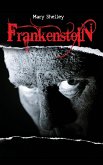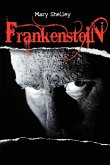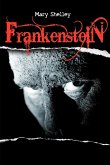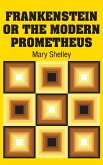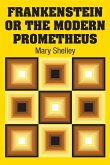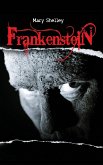Produktdetails
- Verlag: Simon & Brown
- Seitenzahl: 254
- Erscheinungstermin: 10. November 2011
- Englisch
- Abmessung: 229mm x 152mm x 15mm
- Gewicht: 418g
- ISBN-13: 9781613821671
- ISBN-10: 1613821670
- Artikelnr.: 34676251
Hinweis: Dieser Artikel kann nur an eine deutsche Lieferadresse ausgeliefert werden.
- Herstellerkennzeichnung
- Libri GmbH
- Europaallee 1
- 36244 Bad Hersfeld
- gpsr@libri.de


